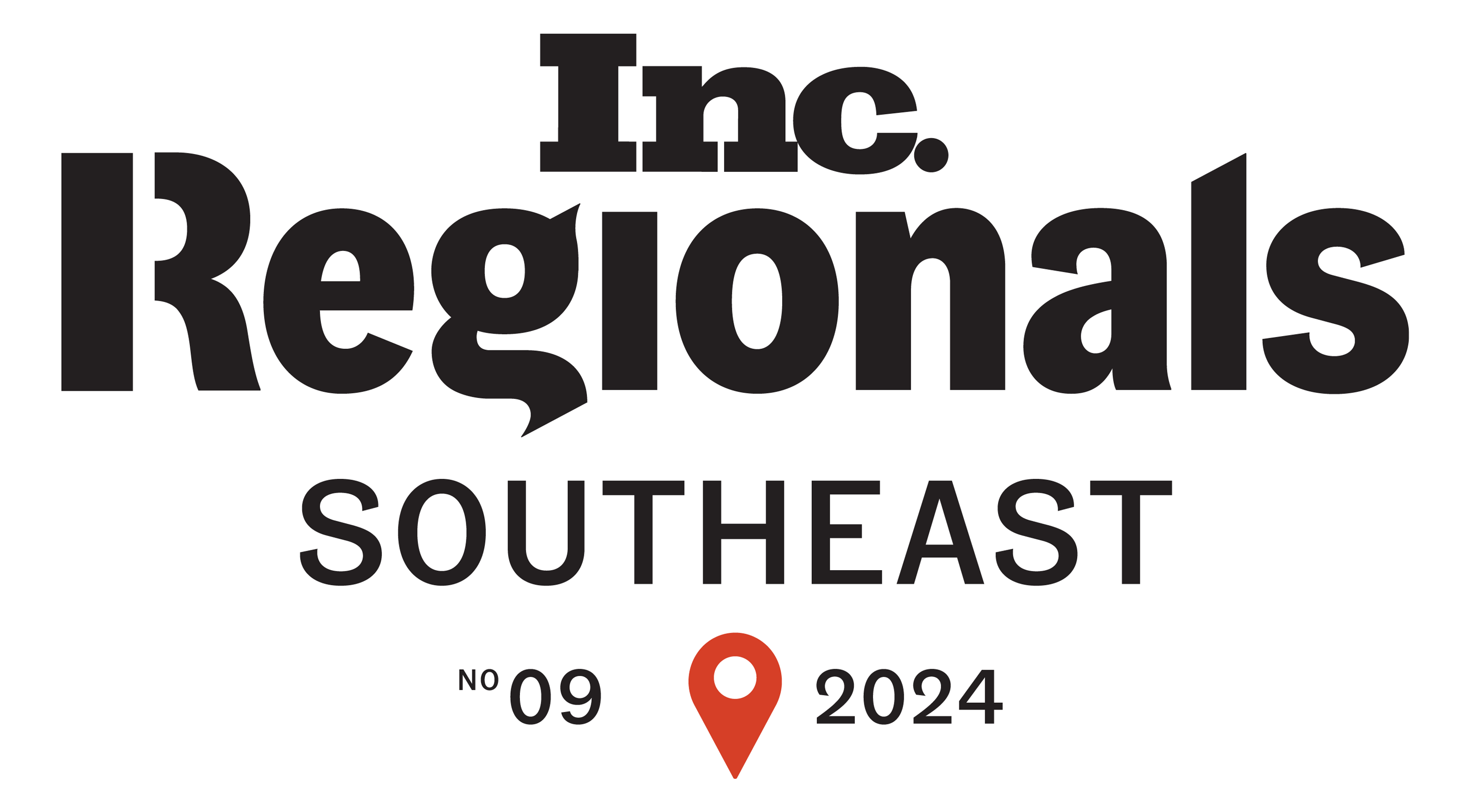As a realtor, you're not just selling homes—you're guiding clients through what is most likely the biggest financial decisions of their lives. Part of this guidance involves helping them understand the protections available for their new investment. This blog addresses two types of insurance, home warranty and homeowners insurance policies so you can be armed to speak to the benefits of each and the differences between them.
There is a lot of confusion and crossing of wires between the two main forms of home protection: home warranties and homeowners insurance. While both offer valuable safeguards and sometimes overlap, they serve different purposes and cover distinct aspects of homeownership. So let's break these unique forms of coverage down so that you can better inform your clients.
Understanding Homeowners Insurance
Homeowners insurance is a necessity for any property owner. In fact, mortgage lenders typically require it before approving a home loan. This type of insurance primarily protects against damage to the home's structure and the homeowner's personal belongings due to certain causes.
Key aspects of homeowners insurance include:
- Structure Protection: Covers damage to the home itself from events like fire, windstorms, hail, or lightning.
- Personal Property Coverage: Protects the homeowner's belongings inside the home, such as furniture, clothing, and electronics.
- Liability Protection: Offers coverage if someone is injured on the property and the homeowner is found legally responsible.
- Additional Living Expenses: Provides funds for temporary housing if the home becomes uninhabitable due to a covered event.
- Other Structures: Typically covers detached structures like garages or sheds.
It's important to note that standard homeowners insurance policies don't cover everything. They usually exclude damage from floods, earthquakes, or normal wear and tear. For these, separate policies or endorsements are often necessary.

Decoding Home Warranties
Unlike homeowners insurance, a home warranty is a service contract that covers the repair or replacement of home systems and appliances that fail due to normal wear and tear.
Key features of home warranties include:
- System Coverage: Often includes heating, cooling, electrical, and plumbing systems.
- Appliance Protection: Can cover major appliances like refrigerators, ovens, washers, and dryers.
- Optional Add-ons: Many providers offer additional coverage for items like pool equipment or well pumps.
- Service Calls: When a covered item fails, the warranty company sends a qualified technician to assess and repair the problem. The service call typically requires a deductible payment collection before a truck is sent out.
- Deductible payments: Deductibles are fees paid by the homeowner, defined in the warranty Terms, which offset some of the repair cost of the service event. Deductibles are intended to keep the cost of home warranties affordable for buyers.
- Repair or Replacement Service: If an item can't be repaired, the warranty typically provides for its replacement, subject to contract terms.
Home warranties are especially valuable for older homes where systems and appliances may be nearing the end of their lifespan. They can also provide peace of mind for first-time homebuyers who may not be prepared for unexpected repair costs.
Key Differences
To help your clients understand these two forms of protection better, here are the primary differences:
| Home Warranty | Homeowners Insurance | |
| Purpose | normal wear and tear | sudden, accidental damage |
| Requirement by mortgage lenders | optional | typically required |
| Claim Process | service dispatched quickly | involves an adjuster, longer |
| Coverage Limits | per-item or system | overall overage limits |
| Deductibles | fixed | variable |

Why Both Matter for Your Clients
As a realtor, you can add value by explaining how these two forms of protection complement each other:
- Comprehensive Protection: Together, they offer a more complete safety net for homeowners, covering both sudden events and gradual deterioration.
- Financial Planning: Understanding both helps clients budget for homeownership costs more accurately.
- Peace of Mind: Knowing they're protected against both major disasters and daily breakdowns can ease clients' minds about their purchase.
- Resale Value: A transferable home warranty can be an attractive selling point when your clients decide to move on.
- Dispute Resolution: Both provide a structured process for addressing issues with the home, which can be especially valuable for first-time homeowners.
How to Guide Your Clients
As their realtor, you can help your clients navigate these options:
- Educate Early: Introduce these concepts early in the home-buying process so clients can factor them into their decisions.
- Customize Recommendations: Consider the age and condition of the home when discussing whether a home warranty might be beneficial.
- Encourage Research: Advise clients to compare different insurance and warranty providers to find the best fit for their needs. Offer the best warranty option yourself at closing and in follow up mailings in the years after closing.
- Explain Limitations: Be clear about what each type of coverage doesn't include to prevent misunderstandings later.
- Provide Resources: Offer a list of reputable insurance agents and home warranty companies for clients to consider.
- Highlight the Value: Emphasize how these protections can save money and stress in the long run.
Conclusion
Understanding the difference between homeowners insurance and home warranties is crucial for your clients as they step into homeownership. By clearly explaining these options, you're not just selling a house—you're setting your clients up for safe homeownership. This knowledge demonstrates your expertise and care, potentially leading to more referrals and repeat business.
Remember, while you can provide general information, it's always best to advise clients to consult with insurance agents and warranty providers for specific details and to read all contracts carefully before signing. By guiding your clients through these considerations, you're adding value that extends well beyond the closing date.
OnPoint Warranty is a Different Kind of Home Warranty Company
OnPoint Warranty was launched in 2018 by tenured and respected experts in service and warranty.
Our Whole Home Warranty products offer comprehensive, low deductible warranty protection for appliances, HVAC, plumbing and electrical systems, utilities and more, within and adjacent to, a home’s four walls.
Fully underwritten, 50-state whole home plans, available to realtors and property managers, home and auto warranty companies, builders and affiliates, improve market share across the US, while increasing renewal rates based upon excellent warranty service experiences administered by OnPoint.
Our white-labeled and branded whole home warranty plans can be offered during the listing period, at the closing or post-closing, seamlessly, reducing administrative costs for realtors, while increase closing rates and commissions, reducing unexpected repair costs for buyers.
fixHomz also provides realtors with real long-term revenue through high plan renewal rates driven by our best-in-class homeowner service experiences with OnPoint!








